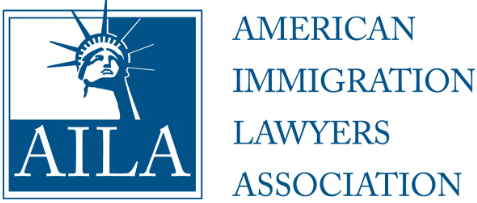-
Are there any disadvantages to using the Visa Waiver Program to come to the U.S.?
There are two primary limitations of visa waiver. First, if someone overstays the 90 day visa waiver period he can…
-
I would like to go to college in the United States. How do I go about this proces?
When a foreign national is applying to school in the United States he or she must obtain an I-20 form…
-
What does it mean that there is a cap of H-1B visas?
A specialty occupation is one which typically requires a U.S. Bachelor’s degree (or the foreign equivalent) or greater and the…
-
What happens if you are in Optional Practical Training Status (OPT) and it ends before October 1st when new H-1B status would begin?
OPT status is granted to university students after they have completed a program level-i.e., associates, bachelors or masters. Existing legislation…
-
What is an Intra-Company Transfer Visa?
These kinds of visas are designed for multi-national corporations who need to transfer key personnel to a U.S. corporation. The…
-
By what method can someone apply to become a Permanent Resident of the US?
Usually a foreign national obtains permanent resident status (a green card) through family or work. The process through work often…
-
How can a foreign national obtain work status in the US through Investment?
E-2 Non-immigrant status is available to a foreign national who makes a substantial investment in a business in the US.…
Call: 1-205-871-8084 / Fax : 1-205-871-8014
About Us

